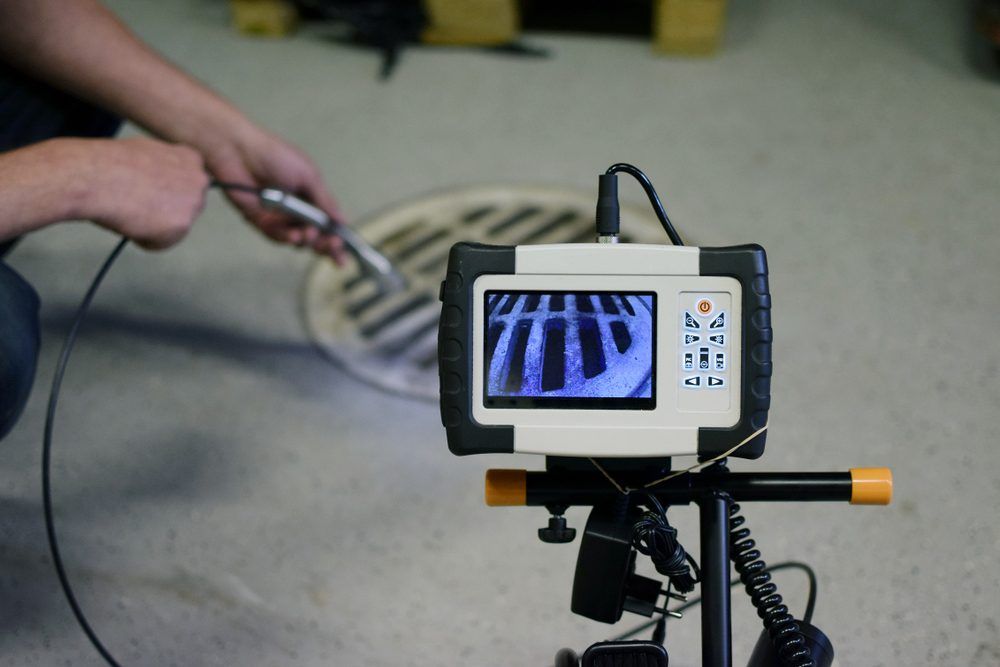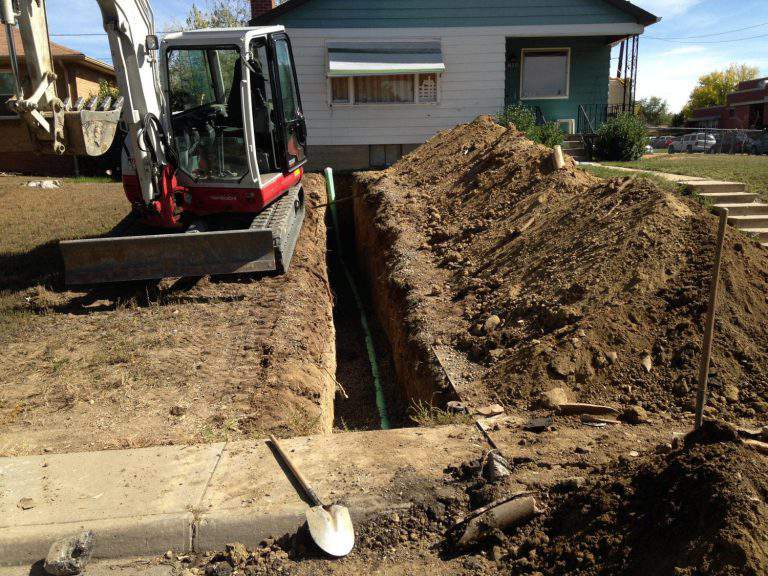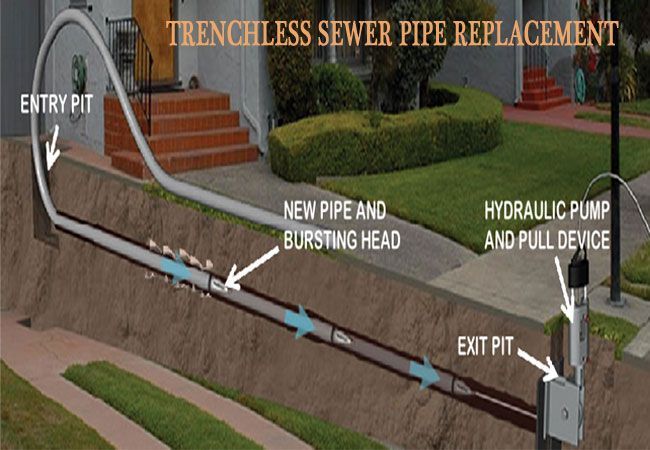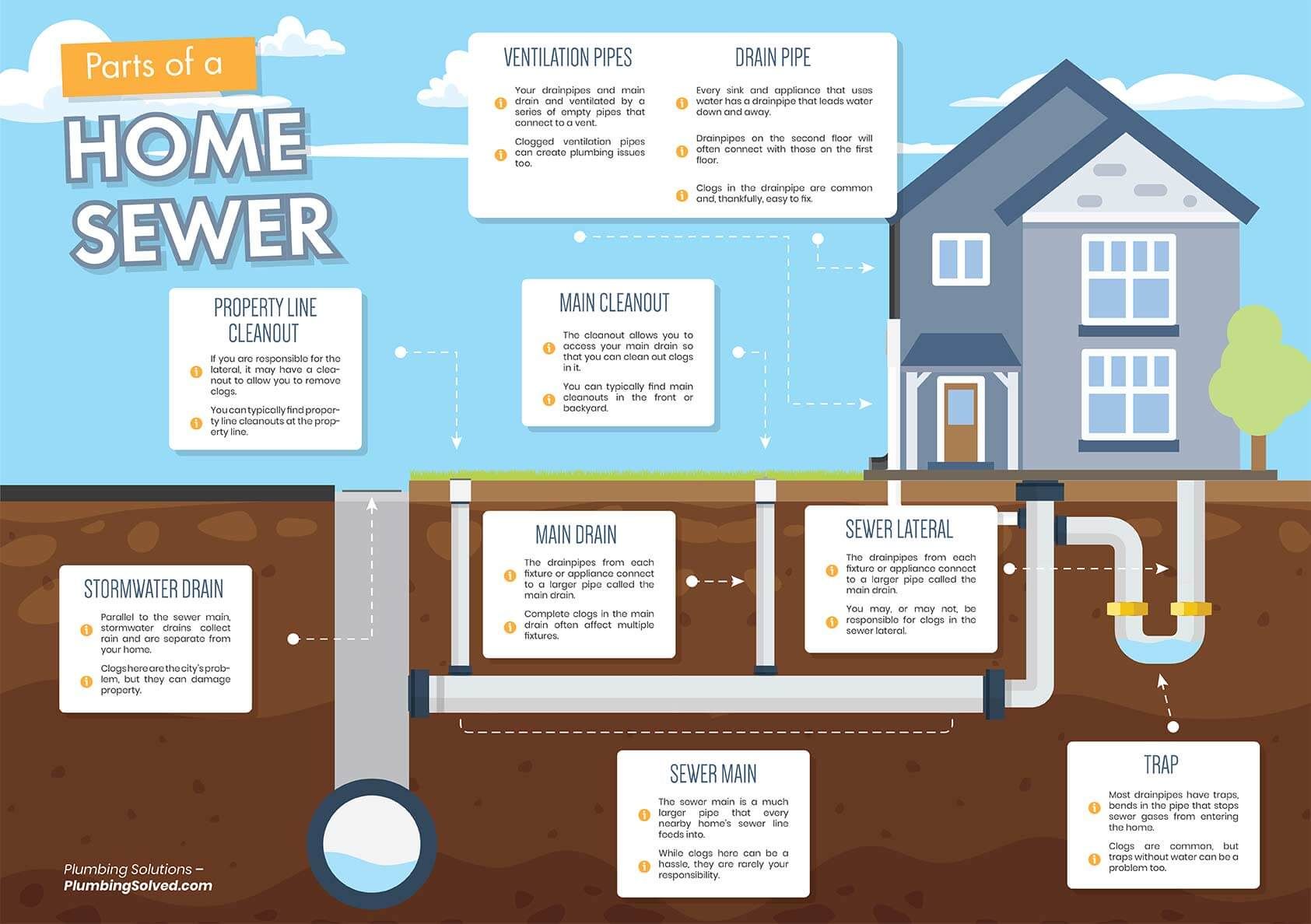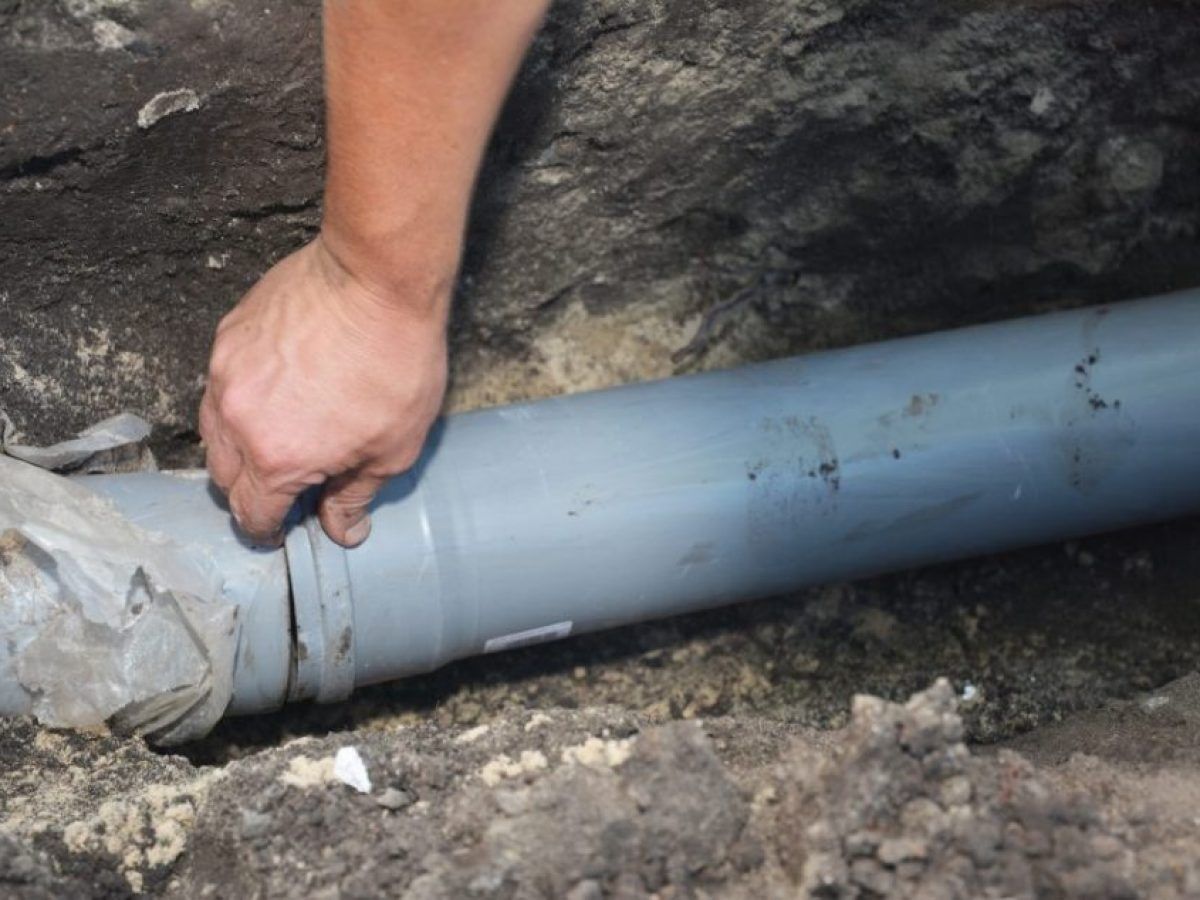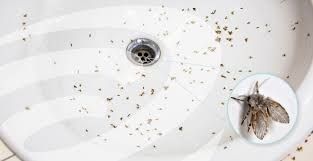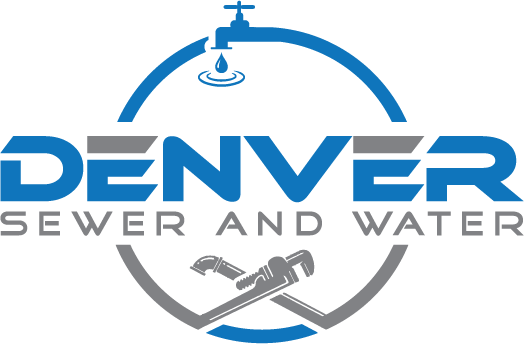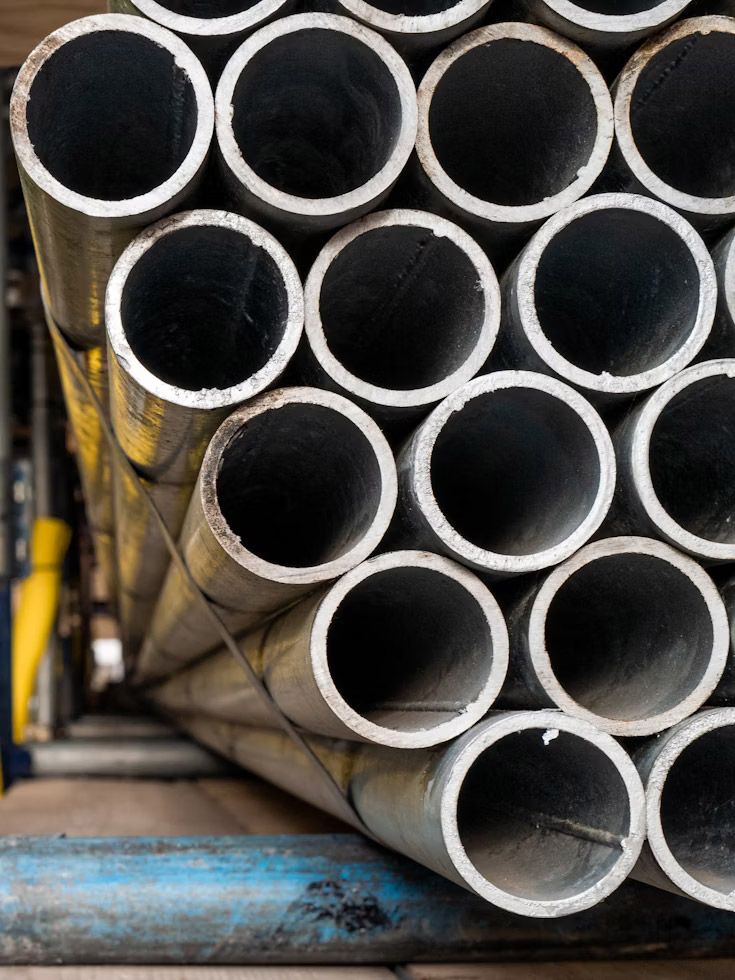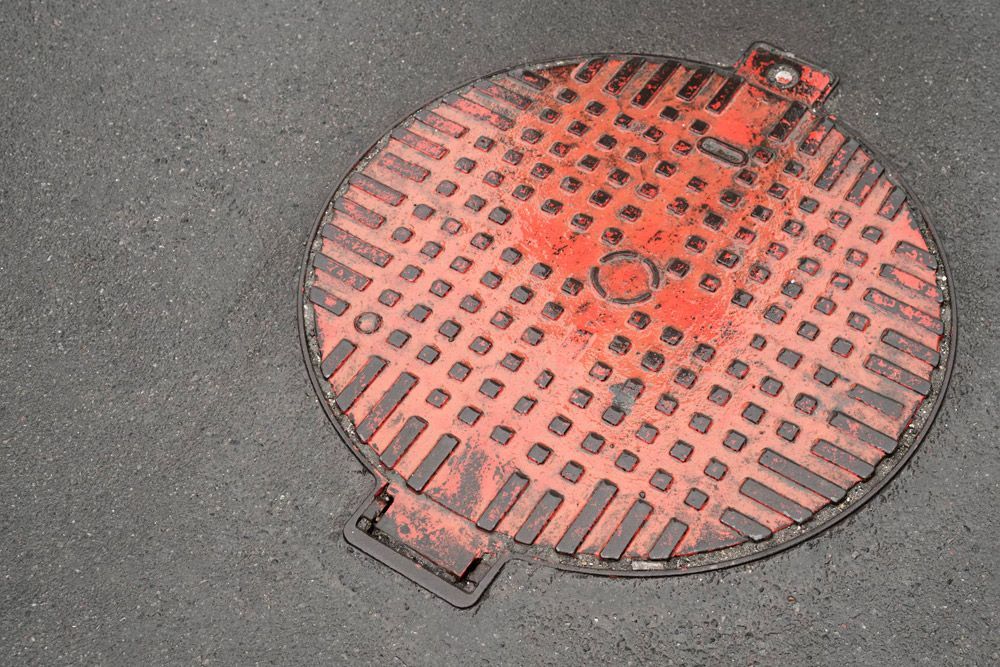The Most Common Causes of Sewer Line Damage and How to Fix Them
Damaged sewer lines could cause numerous issues in and around your home, such as sewage backup, blockage, and flooding.
If you are facing these problems, you need the help of a Denver sewer repair company to examine and repair your sewer line issues promptly.
A backed-up sewer lets sewer water into your home, creating massive damage and health risks that pose hazards to Denver homeowners. This article will help you discover the most common causes of sewer line damage, how to prevent this costly problem from happening in the first place, and when to reach out to the professional sewer repair experts at Denver Sewer and Water for assistance.
In spite of being one of the most vital parts of your plumbing system, most people never think about their sewer lines until they start misbehaving. Luckily, you can prevent major sewer line problems if you know how to recognize common signals informing you that something is wrong.
The reason for these sewer line problems differs. In many instances, they come from improper use, such as flushing items that should not be flushed or pouring grease and other things down the drains that accumulate over time.
However, sewer line problems could also be due to:
- Wear and tear
- Tree roots
- Ground shifting
- Old pipes
If you can’t resolve the problem with a simple fix, contact our licensed plumbing professionals who can correctly diagnose the issue.
What Is a Sewer Backup?
To recognize sewer line backups, it’s a smart idea to know how your system works. Whenever you drain water from your sink or use your toilet and flush it, wastewater travels from your home to the closest main sewer line through pipes in your home.
The main sewer line is typically located outside of your home or at the bottommost point, such as a crawl space, basement, or garage. From here, wastewater is moved to either your city’s sewage system or your septic tank. The wastewater that goes to your city’s sewage system is usually treated and returned to the water supply.
Backed-up sewage occurs when pipes get damaged due to blockage or clogging, disrupting the wastewater flow. There is no other place for it to go but back up the sewer line and into your home or onto your property.
There are several ways to tell if your sewer is entirely blocked, such as:
- The drains smell like the sewer
- Multiple clogged drains in the home
- Constant gurgling sounds coming from the drains
- Overflowing drains and toilets
- Outdoor flooding around the home
- Backup of raw sewage
- Bright green grass indicates close contact with human waste
If you have a sewage backup, it’s advised to leave the house. Coming into contact with sewage is hazardous. The bacteria and germs it possesses could harm you, your loved ones, and even your pets. Don’t go near your home until the problem is managed by a professional.
Early Detection Is Crucial
Sewer line damage does not happen overnight. Usually, they begin as little problems that exacerbate over time. A small pipe crack could begin as a slow leak before growing into a total line rupture. Toilets are the same.
A stubborn clog could ultimately lead to sewage backing up in your basement. Quickly addressing sewer line problems can:
Reduces damage - Early intervention stops water incidents that can destroy your home’s ceilings, foundation, walls, and floors.
Gives you more options - Handling sewer line issues early typically means less invasive options like spot repairs instead of a whole pipe replacement job.
Cost-effective - It’s more cost-effective to arrange service during normal operating hours than it is to need to get emergency service.
Anxiety relief - Scheduled maintenance will always be less stressful and distracting than a plumbing emergency.
Safeguards your family - Sewage backups aren’t just problematic. They’re a safety and health danger that threatens your family.
Common Sewer Line Problem Warning Signs
You can see signs of sewer line issues both outside and inside the home. Here’s what to look for:
Frequent Toilet Backups
While sporadic clogs might imply that you’re using too much toilet paper, frequent backups usually denote that a buildup has amassed in the pipes.
Slow Drains
All used water leaves the home via the same sewer pipe. When the main line is somewhat blocked, water will drain really slowly through the home. If several drains are affected, you probably have a sewer line issue.
Foul Odors
You should not smell the sewer whenever you use your drains. If you happen to do so, there are a couple of explanations. You might need to snake your drain or clean your P-trap. You could also have a break in the sewer line or a leak that’s permitting gas to escape.
Lush Grass
Green grass looks fabulous, but sometimes unusually lush patches in the lawn are indications of sewer line issues. Sewage is a good fertilizer, and if there is a break in your sewer line, it could make plants and grass grow quicker.
Common Causes of Sewer Line Damage
Tree Roots
Tree roots develop deep in the ground in search of minerals and water. They’ll penetrate a sewer line if there is a gap in there somewhere. When it gets inside the damaged pipes, it could worsen the problem. When you see that there is an issue impacting your sewer pipe and tree roots are causing a blockage, contact our sewer repair experts immediately for the correct sewer repair services.
A common reason for sewer line blockages and backups is tree root growth. This is hard to predict since we have no influence over the way tree roots grow, even if the tree is a good distance away from your pipes. Tree roots innately seek out moisture, so they typically grow towards sewer lines. Tree roots can grow into even the tiniest gaps in your line, breaking or collapsing it.
Tree roots are a greater concern for sewage systems that still have clay piping. However, any type of pipe could be damaged by tree roots. Your professional sewage repair technician will perform an inspection of the pipe and take out the tree roots using root cutting or hydro-jetting. The pipe will be replaced if necessary.
Damaged Pipes
Pipes get broken, cracked, or collapsed for several reasons. Natural wear and tear, shifting soil, and earthquakes can all play a part in pipe damage. Sooner or later, damage could produce pipe failure, stopping wastewater from leaving the sewage system and creating a backup. This could also produce more blockages and clogs, worsening the issue in the long run.
A sewer repair expert will examine your sewage pipes for damage and help you determine whether it’s best to fix or replace them. Usually, replacement is the best choice since you can install more resilient piping to eliminate future sewer backups.
Blocked or Clogged Pipes
One of the most common reasons for sewer backups is a clogged or blocked pipe. Clogs can be due to many reasons, including:
- Grease
- Food debris
- Hair
- Baby wipes
- Feminine sanitary products
- Paper towels
- Soap scum
None of these things dissolve in water, signifying they could block your pipes if they enter your sewage system. When you call a sewage repair specialist for help with a sewer clog or blockage, they will perform an inspection of your pipes so they can pinpoint a clog, blockage, or any other damage. This information helps them decide the best way to fix the problem.
Heavy Rain and Flooding
Heavy rain and flooding can create a sewer backup. Excess rain could overwhelm public sewer systems, making the extra water flow back into your home. This sort of sewer backup is usually temporary and lessens once the rain stops. However, it can still cause serious water damage and possibly expose you to dangerous sewage.
If your area gets an abundance of rain that creates sewer backups, call a professional to install a backflow valve or sump pump. This equipment stops water from traveling back into your house through the sewer lines, shielding you from sewage backup issues in the future.
Old Sewer Systems
Aging pipes and other parts of your sewer systems can collapse, crack, or break. This is especially true for sewage systems constructed before the 70s, since these systems typically have cast iron or clay pipes.
However, even modern PVC piping has a set lifecycle, meaning that at some point, the material will start to deteriorate. This makes pipes collapse, generating a sewage backup in your home. Planning routine inspections for your sewer lines lets your sewer repair professional inspect for signs of potential problems before they fester into bigger and more costly ones. You might want to invest in new, resilient, long-lasting sewer lines to avoid backups and other issues over time.
Contact Denver Sewer and Water For Solutions
There are few things as costly, problematic, and ill-timed as having to repair a damaged sewer line. With Denver Sewer and Water, you’ve got a stable partner who can offer you long-term solutions for all your plumbing woes. Get in touch with us today and let’s discuss any sewer line issue you might be having.
